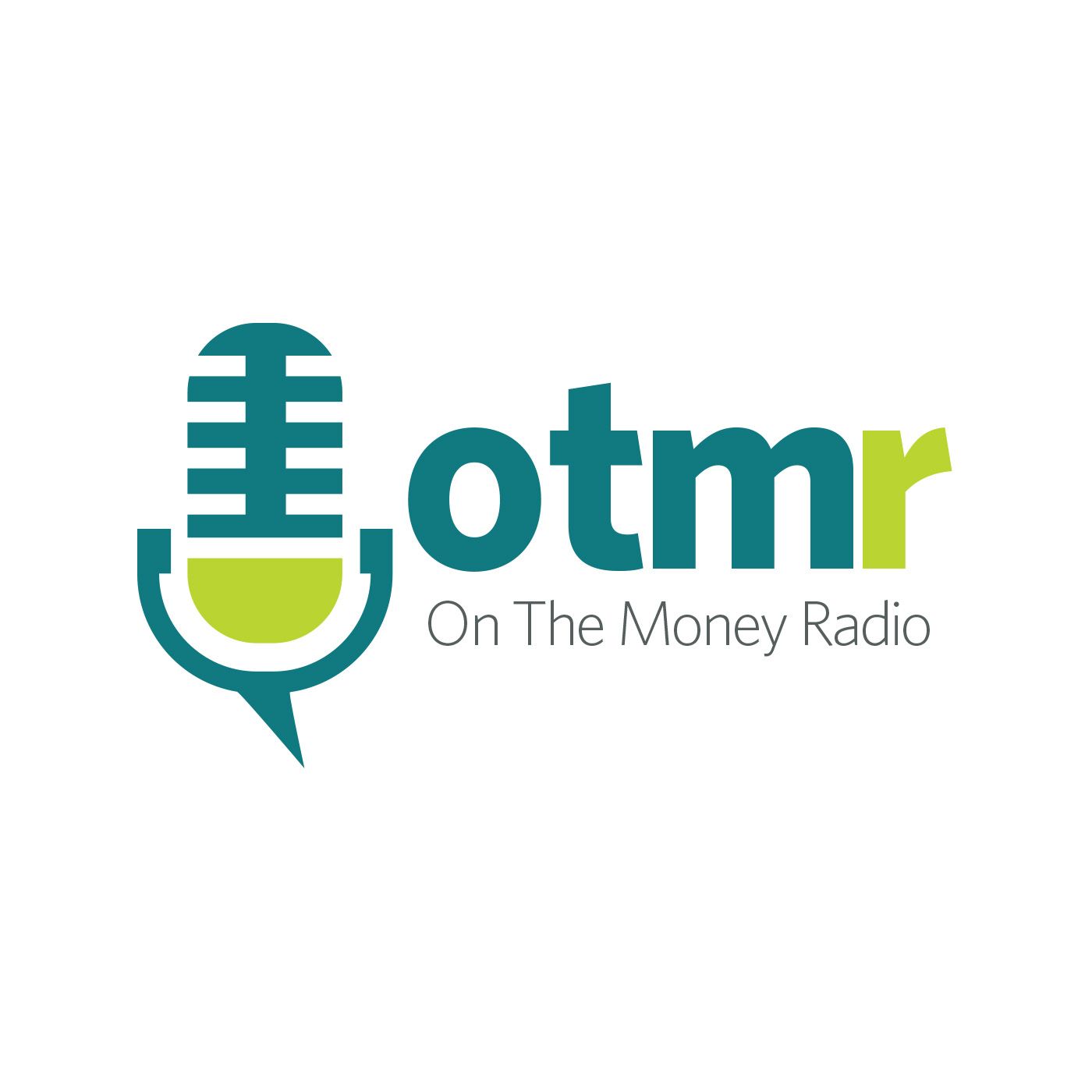Beware: Rolling Over Your 401k Is About To Get Weird

b'When most working Americans leave their jobs\\u2014voluntarily or otherwise\\u2014they are often clueless about what to do with their company-sponsored 401k plans. Do you keep it with your former employer, transfer it to your new employer\\u2019s plan, roll it into a traditional or Roth IRA, or take a lump-sum distribution? That\\u2019s what I plan to address today to help you know what you should consider when faced with this dilemma.
This topic is also relevant because of the new conflict-of-interest rule (which I spoke about a few weeks back) which mandates that financial advisers do what\'s in the best interest of their clients. Earlier, advisers almost always recommended rolling your 401k into an IRA when you left your employer because advisers earned commissions or fees on that rollover. But under the new rule, starting next year, advisers will no longer be able to give a knee-jerk answer to the "should you leave your 401k with your former employer or roll it over to an IRA" question. Instead, they will have to act in your best interest, just like fiduciaries who analyze your options and suggest a course of action that\\u2019s right for you.
So here are some things to consider before you convert your 401k to an IRA:
What does it cost?
Generally, leaving your 401k with your former employer or transferring it to your new employer\\u2014if that\\u2019s an option\\u2014 costs less in fees and expenses than if you work with an adviser when rolling it into an IRA.
What are your investment options?
Generally, you have fewer investments to choose from in a 401k relative to an IRA. On average, there are 25 investment options in a 401k versus thousands in an IRA. And getting back to cost, your investment choices in an IRA are often cheaper than a 401k plan because an IRA lets you invest in a range of low-cost index funds and ETFs.
So now you want to look at the differential in costs. The investments themselves can be cheaper in an IRA versus your 401k, but if you need investment advice you will have to pay them. If you contact an adviser, have them calculate the net difference in costs between what you\\u2019ll save on the investments versus the added cost of hiring someone to help you. Then, if you think you need help, you\\u2019ll know exactly what the additional cost is and you can determine if it\\u2019s worth it.
Do you need the money before age 59\\xbd?
If the answer is \\u201cyes\\u201d that you may need to withdraw money from your retirement plan before the age of 59\\xbd, then avoid rolling your 401k into an IRA simply because you\\u2019ll pay no penalty if you withdraw from a 401k before the age of 55, but you will pay a full 10% penalty when you draw money from your IRA before the age of 59 \\xbd. So if you need to withdraw, say $20,000, you\'ll have to fork over $2,000 as penalty and that\'s serious money. So think ahead on what your future spending needs look like and stay in your 401k if you think you might make a withdrawal. That said, I really want you to plan things so you don\'t tap into retirement savings. You really want them to grow steadily over time because withdrawals can often set you back more than you might think\\u2014and that might break the good discipline of regular savings and investment.
Do you need creditor protection?
Here\'s something else to consider: 401k plans have federal protection from creditors. Your IRA may not and also may have fewer protections that vary from state to state. So if you need federal protection, consider leaving your 401k with your former employer or transferring it to your new employer\\u2019s plan
Other factors to consider:
If you\'re considering a lump-sum distribution, just make sure it\'s not a taxable distribution. A good financial adviser will be able to steer you properly about your options. Many plans have all-or-nothing rules, so either all your money stays with the plan or all of it goes. Make sure, whatever you decide,'